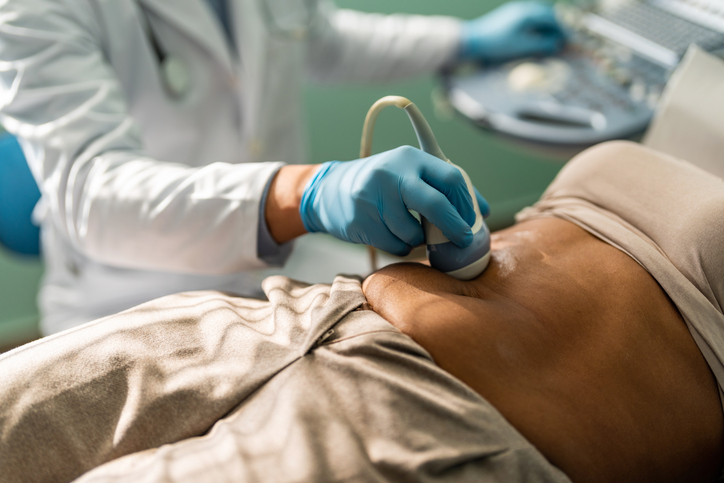
By: Pramod Thomas
ETHNIC minorities and young people in England often need more GP visits before being diagnosed with cancer compared to the general population, a new report has revealed.
One in five people typically require three or more GP interactions before diagnosis, this number increases to one in three for those from ethnic minority backgrounds.
Also, individuals from the most economically disadvantaged communities have a 21 per cent lower likelihood of being referred urgently for suspected cancer compared to those residing in areas with minimal deprivation.
The number of visits to a GP surgery needed ahead of a cancer diagnosis varies depending on a person’s age, ethnicity, and socioeconomic status,a new analysis of NHS cancer data published on Wednesday (24) pointed out.
The analysis from QualityWatch, a joint programme from the Nuffield Trust and the Health Foundation, said that young adults aged 16–24 often need three or more GP visits before diagnosis, with 20 per cent requiring five or more visits. Despite this, they are more likely to be diagnosed at an early stage.
Three in five young adults (16–24) referred for diagnostic tests felt their referral reason was inadequately explained. Across the population, one in four people felt their cancer diagnosis was not fully explained to them.
Authors of the report urged policymakers to take note of concerns regarding the cancer diagnosis experience, particularly as the NHS is likely to fall short of its goal to diagnose 75 per cent of cancers early by 2028. Despite efforts, early cancer diagnosis rates have stalled, with only 60 per cent occurring before cancer progression.
Nuffield Trust senior fellow Dr Liz Fisher said, “Detecting cancer early is vital to improving survival rates, for example, the rate of survival for bowel cancer drops significantly from 80 per cent if caught in stage 2 to 11 per cent at stage four.
“Everyone’s experience of cancer diagnosis is different but the risks to delays aren’t felt equally, with younger people and those from minority ethnic groups requiring more visits to health professionals to secure a diagnosis. Screening programmes have helped for some cancers, but more needs to be done to target support to specific groups given demand on cancer services is only set to grow.”
The analysis also assessed NHS screening rates for breast, bowel, and cervical cancers as a means of early detection. Although these programmes have increased early-stage diagnoses (with 78 per cent referred at stage one or two), the authors warn against relying solely on screening to improve early diagnosis rates. They said that the risk-benefit ratio varies by cancer type and depends on patient participation.
While each cancer diagnosis is unique and influenced by cancer type, there remains a disconnect between investment and demand for cancer diagnostic services and access to general practice.
To address this, the authors urged the NHS and government to provide tailored support for specific population groups regarding screening and patient communication during diagnosis.
Tim Gardner, Health Foundation assistant director of policy, said, “For cancer, quick diagnosis and treatment saves lives. Recent progress on the rate of people receiving a cancer diagnosis within 28 days of a referral is very welcome. However, this analysis highlights the need to improve people’s access to primary care, especially in more deprived areas, so that more people can be diagnosed earlier.
“This ultimately depends on boosting primary care capacity through sustainable, long-term investment and growing and supporting the workforce.”
According to an NHS spokesperson, efforts are being made by the health service staff to ensure that all individuals impacted by cancer are promptly diagnosed, regardless of their age, ethnicity, or socioeconomic background.
“The NHS is diagnosing a record number of individuals with cancer at early stages, with over three million people referred by GPs for cancer screenings last year, marking a significant milestone,” the spokesperson was quoted as saying.
